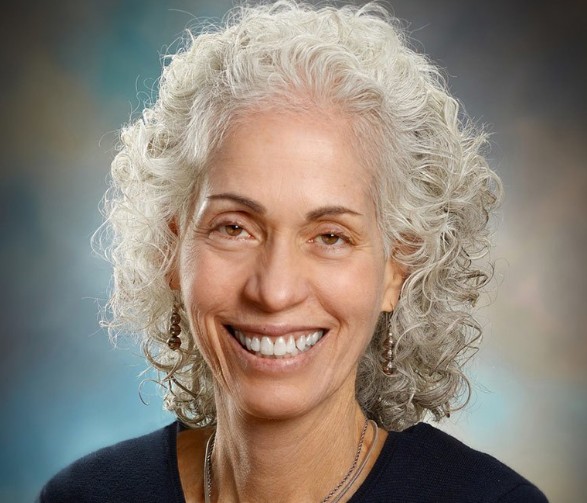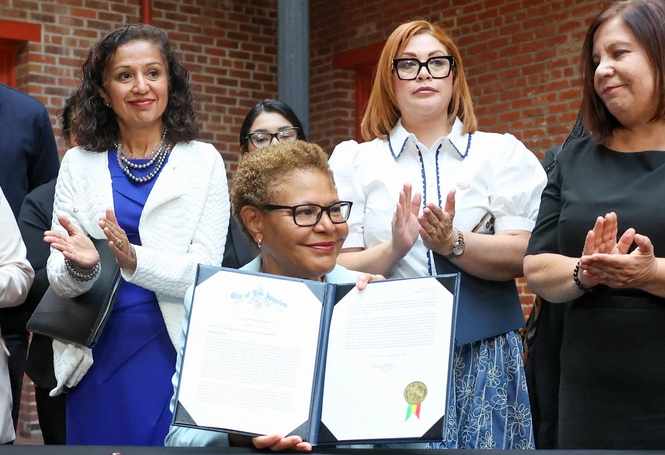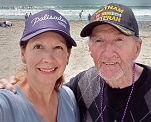By Mark Underwood
If your sleep patterns are changing as you grow older, you’re not alone. As we age, we experience many age-related differences like difficulty sleeping through the night without constantly waking up. For others, they may sleep for a few hours, but it is always hard to get back to sleep. It’s one thing to know that sleep is essential to our mental and physical health at any age, but achieving quality sleep, on a regular basis, is a challenge for many older adults.
Quality sleep has numerous benefits. During sleep the body produces important proteins called cytokines that are essential to the effectiveness of the immune system in fighting off infections and illnesses. If you have chronic sleep problems you may have a weaker defense system against pathogens that cause a variety of health problems – even the common cold.
Sleep and memory
As we age, the body produces less growth hormone that regulates deep sleep. Growing older also means we produce less melatonin, the chemical that helps with circadian rhythm – that’s the wiring in the brain that adjusts from night to day. Less melatonin, means sleep cycles with increased interruptions.
New research from the National Institutes of Health (NIH) highlights how quality sleep, which can include an afternoon nap, helps cognition such as memory. Remember the last time you stayed up all night or hardly slept at all? You probably felt severely sleep deprived the next day and your memory wasn’t as sharp as it usually is when you are more rested.
Scientists believe that quality sleep in older adults may help repair some of the damage from aging brain cells. This damage may contribute to memory problems, concentration and other important mental tasks. Lack of sleep affects cognition, decision-making, and our ability to focus. Fatigue from poor sleeping habits, is often an important factor in accidents and workplace injuries.
Quality sleep is a basic maintenance measure. Sleep keeps things humming, similar to routine oil changes that keep your car’s engine running well. Sleep is not only necessary to recharge the body – it is now considered crucial to good brain health.
Investigate Your Sleeplessness for Clues
Many variables contribute to poor sleep ranging from diet to daily exercise. You can improve the quality of sleep and overall well-being but first you have to understand what’s contributing to poor sleep. As millions of people grow older, many experience age-related sleeping patterns because their days (and minds) are crowded with anxiety and stress.
There are several common factors that contribute to poor sleep. Insomnia in older adults can be caused by many chronic conditions such as arthritis when pain and discomfort may prevent the body from getting needed rest. Sleep apnea is another health problem not uncommon in older adults. This is a serious health concern that disrupts sleep repeatedly throughout the night. Another common concern is Restless Leg Syndrome (RLS) where a person’s legs and arms feel agitated and make it difficult to fall asleep.
People who suffer from these or other underling conditions are often getting a poor night’s sleep. This is obviously an uncomfortable sleep-and-wake cycle for anyone of any age, but it is especially difficult for older adults. Fortunately, many of the common factors that contribute to poor sleep can be addressed and treated.
Take these steps to reduce fatigue and a lack of sleep that takes its toll on your body.
• Go to bed and wake up at the same time each day
• Eat a healthy, well-balanced diet and drink plenty of water
• Exercise regularly
• Find structured ways to relax. Yoga is a good example.
• Maintain a balanced schedule at work and home
• Resolve stressful circumstances
• Discuss with your doctor what is best for you.
Mark Underwood is a neuroscience researcher, president and co-founder of Quincy Bioscience, a biotech company located in Madison, Wisconsin focused on the discovery and development of medicines to treat age related memory loss and the diseases of aging. For more articles and tips for healthy aging, visit www.TheGoodNewsAboutAging.com.


























